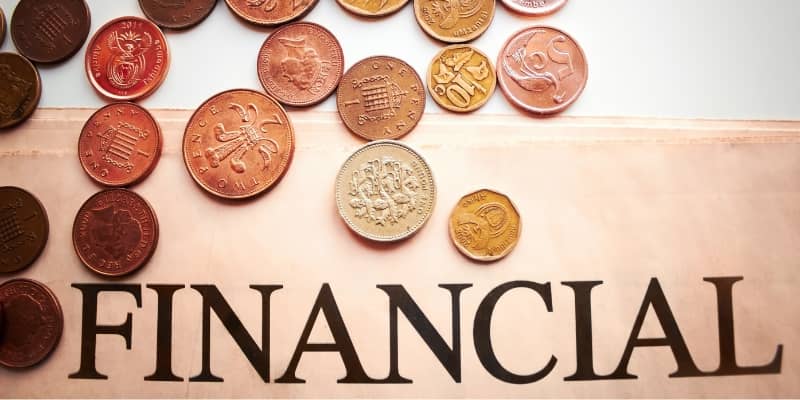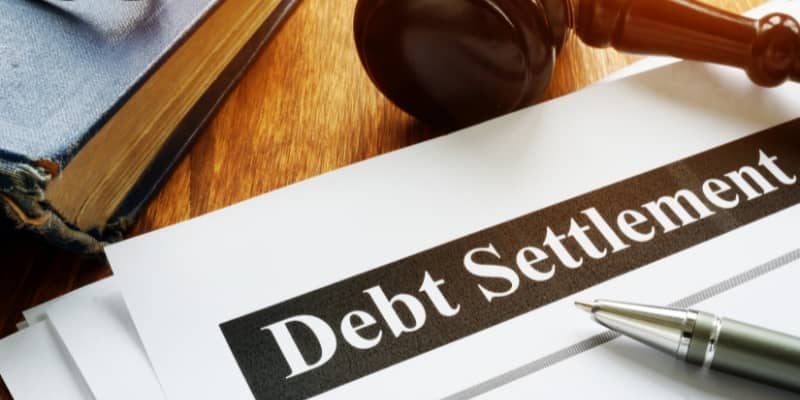Before settling your debt, it’s important to understand how debt settlement works and the potential benefits. Debt settlement can reduce your payment amounts by up to half, enabling you to pay off your debts for much less than the amount originally owed. On top of that, it may help improve your credit score faster than other methods such as bankruptcy or repaying high-interest debts. In addition, debt settlements are typically preferred by creditors over bankruptcy, as they can recover some of their losses instead of receiving nothing at all.
Before proceeding with a debt settlement, you should take the time to evaluate your financial situation and determine whether you can afford it. Make sure that you pay all of your other bills on time and keep up with your credit card and other loan payments. Additionally, make sure that you have enough money in savings to cover any emergency expenses. If you don’t have enough money after making your regular payments, then a debt settlement is likely not the best option for you.
Before you decide to settle your debt, it’s important to assess your budget and cost of living. This allows you to make an informed decision about how much you can afford to pay toward settling your debt within the agreed-upon timeframe. Carefully calculate any expenses such as rent, utilities, groceries, gas, transportation, and other costs of living so that you can plan for the full settlement amount. Additionally, create a budget for yourself so you can manage your finances properly and stay on track with payment plans.
Debt settlement is a decision not to be taken lightly. It’s important to research the pros and cons of settling your debt. On one hand, you will pay less than what you owe, but on the other hand, you may have to pay tax on the forgiven portion as it could be considered income by the Internal Revenue Service (IRS). Depending on your circumstances, consider if it’s in your best interest to settle or seek out other options like debt consolidation or counseling. Before settling any debts, speak with a qualified financial advisor and/or attorney who can advise you accordingly.






